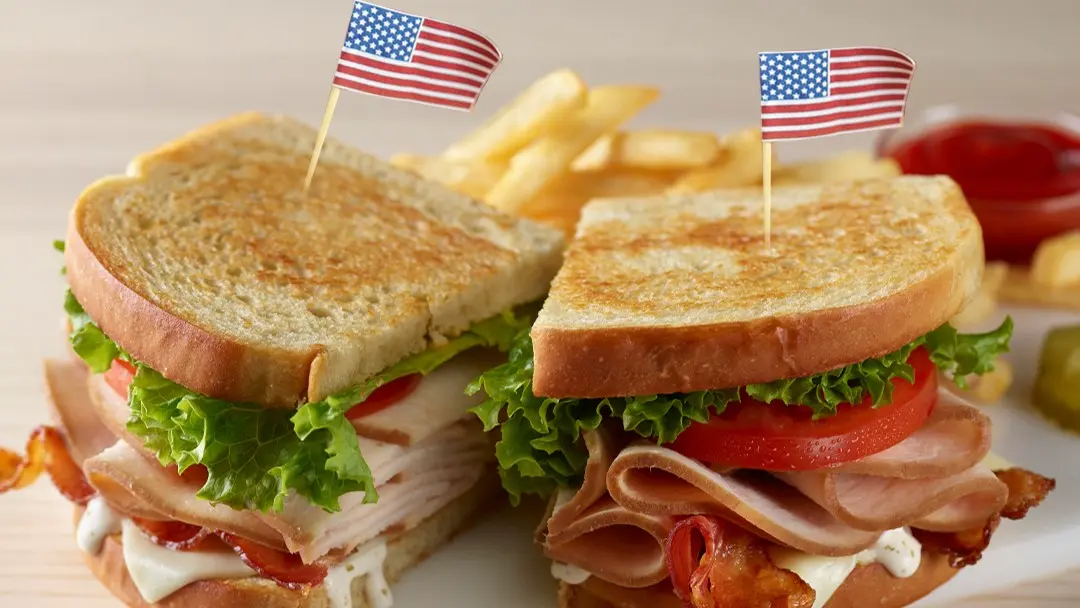Content:
- 1 When Buying a Restaurant Business for Sale, There are Several Key Factors to Consider
- 2 How to Value a Restaurant for Sale?
- 3 Common Mistakes to Avoid when Evaluating a Restaurant Business for Sale
- 4 Owning a Restaurant Franchise vs. Going It Alone
- 5 Why Huddle House is a Great Restaurant Franchise to Buy?
Venturing into the restaurant industry can be a fulfilling and profitable endeavor. Whether you’re a seasoned entrepreneur or a first-time buyer, understanding the nuances of purchasing a restaurant business for sale is crucial.
This blog will guide you through what to look for when buying a restaurant, how to value and price a restaurant business for sale, and the benefits of owning a restaurant franchise versus starting independently. Plus, we’ll discuss why Huddle House is an excellent choice for potential franchise owners.
When Buying a Restaurant Business for Sale, There are Several Key Factors to Consider
- Location: The location of the restaurant is crucial for its success. Evaluate factors like visibility, accessibility, parking, surrounding businesses/residences, and competition in the area.
- Financial Performance: Thoroughly review the restaurant’s financial statements, including income statements, balance sheets, and cash flow statements, to assess its profitability, revenue trends, expenses, and overall financial health.
- Customer Base: Analyze the existing customer base, including their loyalty and demographics. A strong, loyal customer base can be a valuable asset but may also pose challenges if significant changes are made after acquisition.
- Assets and Equipment: Inspect the condition of the restaurant’s assets, such as kitchen equipment, furniture, and decor. Determine if they need to be replaced or upgraded, which can impact the overall investment cost.
- Lease Terms: Review the lease agreement, including the remaining term, renewal options, and any restrictions or requirements imposed by the landlord. Favorable lease terms can be a significant advantage.
- Permits and Licenses: Ensure that all necessary permits, licenses, and certifications (e.g., liquor license, health department approvals) are in place and transferable to the new owner.
- Brand and Reputation: Evaluate the restaurant’s brand recognition, reputation, and online reviews, as these can significantly impact its success and customer loyalty.
- Growth Potential: Assess the restaurant’s potential for growth, expansion opportunities, and the ability to adapt to changing market trends and consumer preferences.
- Staffing and Management: Consider the existing staff’s experience, skills, and retention rates, as well as the strength of the management team.
Conducting thorough due diligence, seeking professional advice from restaurant consultants or brokers, and carefully evaluating these key factors can help mitigate risks and increase the chances of a successful restaurant acquisition.
How to Value a Restaurant for Sale?
Understanding how to value a restaurant business for sale is essential for making an informed purchase. Here’s a simplified approach:
- Asset-Based Valuation: Calculate the market value of all tangible and intangible assets, including equipment, inventory, furniture, and established brand reputation.
- Income-Based Valuation: Consider the restaurant’s ability to generate future income. This involves calculating the Seller’s Discretionary Earnings (SDE), which includes pre-tax profits, owner’s salary, and non-recurring expenses.
- Market Comparison: Compare the restaurant with similar businesses that have recently sold in the same market. This method provides a benchmark for fair market value.
- Multiples Method: Apply industry-standard multiples to the restaurant’s earnings or revenue. For instance, a common multiple range for restaurants is 2-3 times the Seller’s Discretionary Earnings.
Common Mistakes to Avoid when Evaluating a Restaurant Business for Sale
When valuing a restaurant business for sale, it’s important to avoid some common mistakes that can lead to an inaccurate valuation. Here are some key mistakes to avoid:
- Relying solely on rules of thumb or industry multiples: While multiples like times revenue or times EBITDA can provide a rough estimate, they don’t account for the specific factors impacting the restaurant’s value. A proper valuation should consider the restaurant’s financials, assets, growth potential, and market conditions.
- Overlooking intangible assets: Intangible assets like the restaurant’s brand reputation, customer loyalty, proprietary recipes/menus, and location advantages can significantly impact the valuation but are often overlooked.
- Not normalizing financial statements: Expenses like owner’s compensation, one-time costs, or non-operating income/expenses should be adjusted to reflect the true operating profitability of the business.
- Using outdated financial information: Valuations should be based on the most recent and accurate financial data to reflect the restaurant’s current performance and market conditions.
- Lack of objectivity: Owners may have an emotional attachment or overly optimistic projections, leading to an overvalued business. An objective, third-party valuation is recommended.
- Ignoring market conditions and trends: The overall economy, industry trends, competition, and consumer preferences can greatly influence a restaurant’s value and future prospects.
- Not considering all value drivers: Factors like the cost of assets/equipment, age of the business, customer base, location, and growth opportunities should be carefully evaluated.
- Failing to account for liabilities: Outstanding debts, loans, legal disputes, or deferred maintenance can reduce the restaurant’s value and should be accounted for.
By avoiding these common pitfalls and working with experienced restaurant valuation professionals, owners can obtain a more accurate and defensible valuation for their restaurant business.
Owning a Restaurant Franchise vs. Going It Alone
Choosing between owning a franchised restaurant business for sale and starting an independent restaurant is a significant decision. Here are some considerations:
Benefits of Owning a Franchise
- Brand Recognition: Franchises come with established brand recognition, which can attract customers more easily.
- Established Business Model: Franchises offer a tested business model with established operational procedures, reducing startup risks.
- Support and Training: The franchisor provides franchisees with comprehensive training and ongoing support, enhancing their likelihood of success.
Challenges of Independent Ownership
- Building a Brand: Creating brand recognition from scratch requires significant time and marketing investment.
- Operational Learning Curve: Developing efficient operational procedures involves trial and error, which can be costly.
- Limited Support: Independent owners lack the extensive support network provided by franchisors.
Why Huddle House is a Great Restaurant Franchise to Buy?
Huddle House is a standout choice for aspiring franchise owners. Here’s why:
- Established Brand: With over 50 years in the industry, Huddle House has built a strong and reputable brand known for its comfort food and community-centric approach.
- Proven Business Model: Huddle House offers a proven business model that has been refined over decades, minimizing the risks associated with starting a new restaurant.
- Comprehensive Support: Franchisees benefit from extensive training, marketing support, and operational guidance. Huddle House’s support system ensures you’re never alone on your entrepreneurial journey.
- Flexible Formats: Huddle House provides flexible franchise formats, including full-service restaurants and smaller express units, catering to different investment levels and market needs.
- Growth Opportunities: With a growing footprint across the United States, Huddle House presents ample opportunities for expansion and profitability.
Entering the restaurant business can be a transformative and profitable endeavor, especially when armed with the right knowledge and support. Whether you’re looking into a restaurant business for sale or considering the merits of franchise ownership, thorough research, and strategic planning are your greatest allies.
And if you’re leaning towards a franchise, Huddle House offers a compelling blend of brand strength, proven success, and comprehensive support that can set you on the path to success.
If you’re ready to embark on a rewarding journey in the restaurant industry, consider the numerous advantages of owning a Huddle House franchise. Contact Huddle House for franchise opportunities and take the first step toward becoming a part of this iconic brand.

